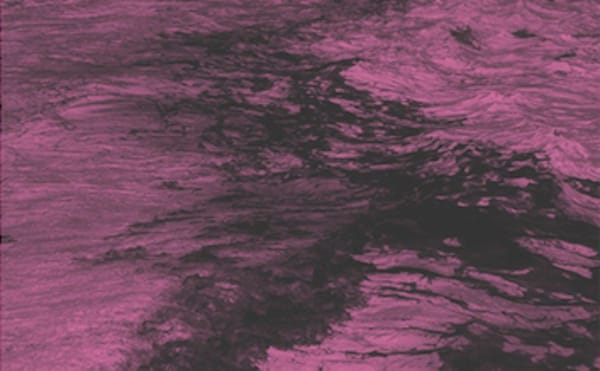
Books
Will Alexander's Celebration of the Possible
Alexander’s poetry is swarming with information from a vast library — like the one lost in Alexandria — that he has absorbed into his bloodstream.

Books
Alexander’s poetry is swarming with information from a vast library — like the one lost in Alexandria — that he has absorbed into his bloodstream.

Books
Robert Walser was likely to find in images a reason to look into his own fervent imagination.
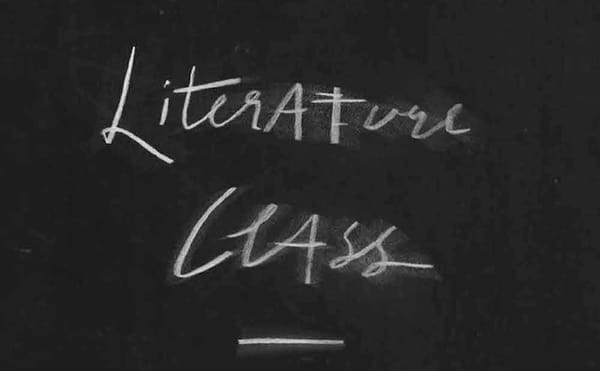
Books
Circumscribing his goals and ambitions, Cortázar says that “in the present day, what matters is not to be a writer from Latin America but to be, above all, a Latin American writer.”
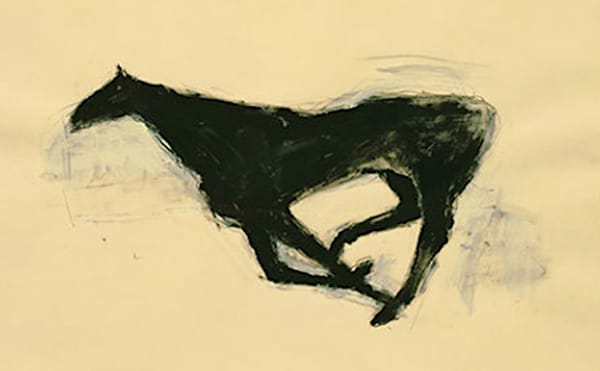
Books
Michael Palmer’s trust in the generative power that emerges out of silence for poetry runs counter to a deep strain of pessimism throughout The Laughter of the Sphinx.
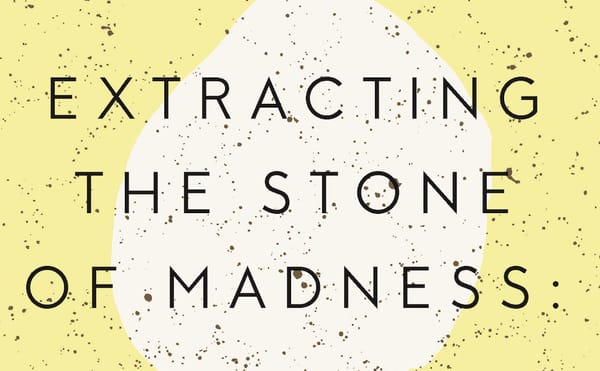
Books
A translator and critic as well as poet, Alejandra Pizarnik lived between Buenos Aries and Paris, befriending Octavio Paz and Julio Cortazar and identifying with, while not necessarily emulating, the so-called poètes maudites of 19th-century France.
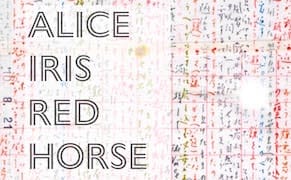
Books
In 2003 I received an invitation to attend a reading by the poet Yoshimasu Gozo, someone I had never heard of. I asked around, and was told that Gozo was an avant-garde poet who read in a bygone oracular style.
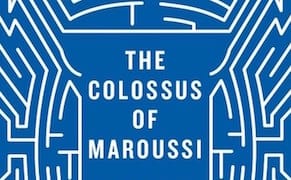
Books
At some point in my teens I read a number of books by Henry Miller — though not as many as I read, at around the same time, by Hermann Hesse, despite the fact that Hesse’s books, in contrast to Miller’s, were not reputed to convey much information about sex.
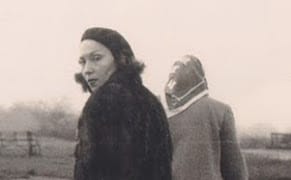
Books
“How do I know?” asks a character standing in for author Clarice Lispector in “Before the Rio–Niterói Bridge,” included in New Directions’ recent release of The Complete Stories. “I know the same way you do by imaginative guessing. I know, period.”